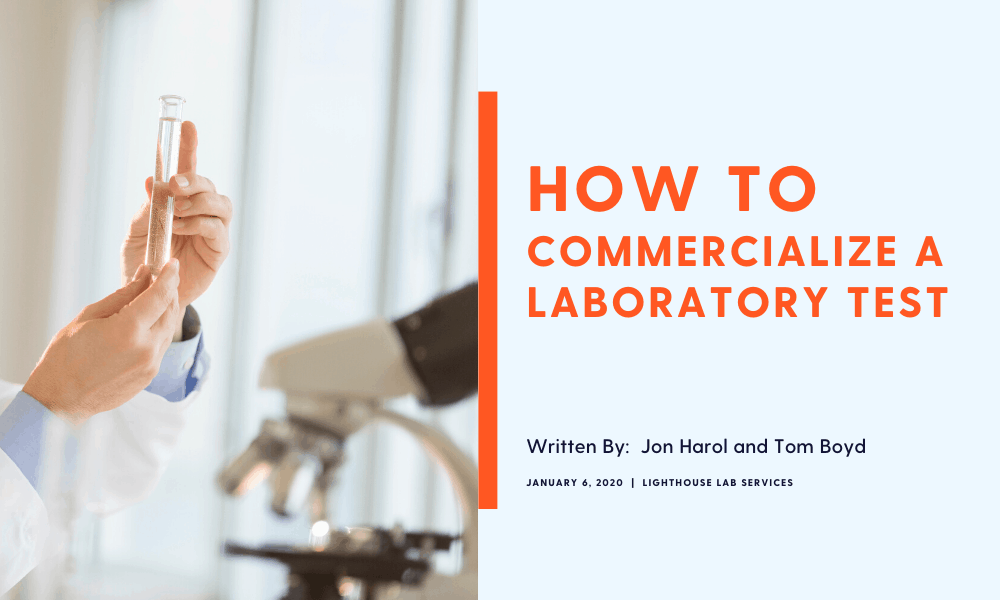Eureka! Your Research and Development team has found a new biomarker or made some life science-related discovery. Now what?
Assuming that you want to make your new finding available to the world, while also monetizing it in some way, there are a few paths forward.
First option:
You can go down the medical device road by creating a proprietary medical device that performs a test based on your intellectual property. This will require patents and FDA approval, so you will need to be prepared to make a significant investment of capital and time to get to the market.
Second option:
Another option is to take the pharmaceutical route and create a therapeutic attempt to treat the patient based on the new knowledge you have uncovered. This will also require FDA approval and will involve several phases of clinical trials. Again, you will need to be prepared to make a substantial investment of capital and time in order to get your discovery into the marketplace. Unfortunately, these significant barriers to entry prevent many healthcare discoveries from ever being commercialized.
Third alternative:
There is a third path that is much less frequently used that has some important advantages. This third option takes less time and resources and could enable you to generate revenue as quickly as three months instead of three years. According to CMS if your discovery involves performing “testing on human specimens in order to obtain information that can be used for the diagnosis, prevention, or treatment of any disease or impairment of a human being; or the assessment of the health of a human being; or procedures to determine, measure or otherwise describe the presence or absence of various substances or organisms in a human body”, it is considered a laboratory test. For better or worse, a lot of scientific work falls under the umbrella of this broad definition. Subsequently, if your discovery is classified as a laboratory test it needs to be performed in a CLIA-accredited medical laboratory that falls under the authority of the U.S. Department of Health and Human Services. So far, this probably doesn’t sound like good news, but there is a silver lining. While laboratory tests do need to be approved by the FDA, under certain circumstances it is not required if you decide to validate the test as a laboratory-developed test (LDT).
Timeline and pricing (LDT):
We regularly assist groups with the validation process related to getting a laboratory test approved for clinical use and the process usually only takes a few weeks. Next, we assist with getting the necessary federal and state paperwork in place, which can take about two months in total in most parts of the country. Timelines and cost will vary depending on the test type, however, in general, the LDT commercialization cost runs less than $50,000 and the timeline for getting to market is less than six months.
Maybe if you took the road less traveled, it would make all the difference.
Written By: Jon Harol and Tom Boyd of Lighthouse Laboratory Services
Lighthouse Lab Services is a clinical laboratory consulting firm located in North Carolina that regularly assists domestic and international life science companies with regulatory guidance and medical laboratory test commercialization projects. Contact us for more information on our Pathfinder Program.

Thanks for this great article!
Thank you!
Informative and helpful, thanks
Just want to say your article is great. Love the clearness in your post and I can assume you are an expert on this subject.
Thank you, Naida
Kudos for publishing a refreshing clear path to getting an LDT on the market. It’s not often that a blog post can illuminate a complex topic iso few words.
We appreciate your kind words, Tom! It’s our pleasure to share industry knowledge in short articles:)